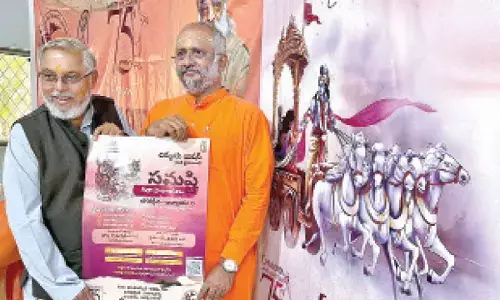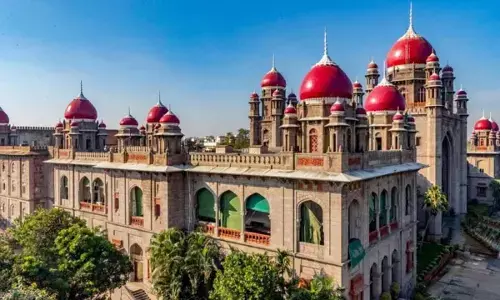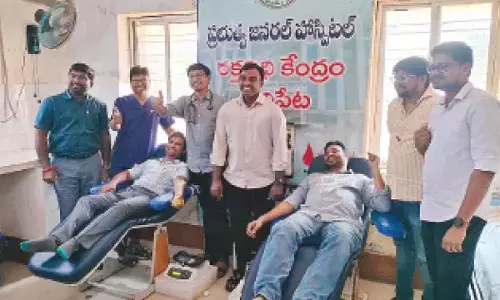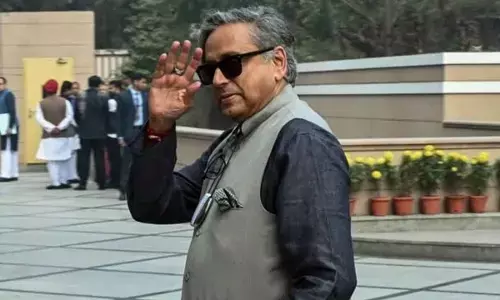Protests serve as a catalyst for change
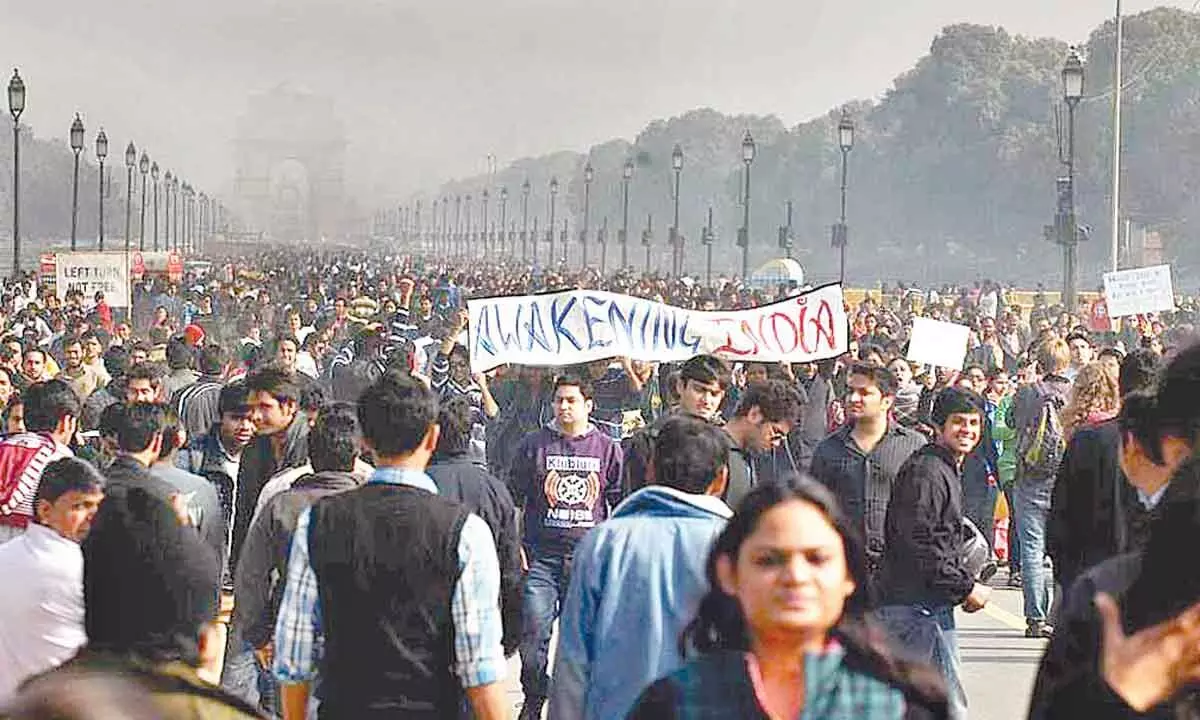
Challenging injustice, they contribute to a more just and equitable world
Throughout history, many significant social and political advancements have been achieved through the collective action of protesters. From the Dandi March of 1930 to 2012’s Nirbhaya protests, these instruments of reform have been entrenched in challenging power structures and driving meaningful reform. By mobilising public support and raising awareness, protests have the capacity to ignite conversations, shift perspectives, and compel those in authority to address systemic issues
Protest, as defined by Cambridge Dictionary, is an occasion when people show that they disagree with something by standing somewhere, shouting, carrying signs, etc. It is a strong complaint expressing disagreement, disapproval, or opposition. “Never be afraid to raise your voice for honesty and truth and compassion against injustice and lying and greed. If people all over the world...would do this, it would change the earth,” exhorts William Faulkner, a famous American writer.
Protest, in its various forms, stands as a cornerstone of societal progress and democratic expression. From peaceful marches to civil disobedience, protests serve as a powerful tool for individuals and communities to voice their grievances, challenge injustice, and advocate for change. In a world marked by diverse opinions and social disparities, the importance of protest cannot be overstated.
First and foremost, protests serve as a catalyst for change. Throughout history, many significant social and political advancements have been achieved through the collective action of protesters. From the Dandi March of 1930 to 2012’s Nirbhaya protests, these instruments of reform have been entrenched in challenging power structures and driving meaningful reform. By mobilising public support and raising awareness, protests have the capacity to ignite conversations, shift perspectives, and compel those in authority to address systemic issues. Moreover, protests are a manifestation of democracy in action. In democratic societies, the right to assemble and peacefully protest is enshrined as a fundamental freedom. It provides ordinary citizens with a platform to hold their governments and institutions accountable, ensuring that the voices of the marginalized and disenfranchised are heard. By exercising their right to protest, individuals participate in the democratic process, contributing to a more inclusive and responsive society.
Furthermore, protests have the power to foster solidarity and community cohesion. When individuals come together to advocate for a common cause, they form bonds based on shared values and aspirations. These connections transcend differences of race, religion, or socioeconomic status, uniting people in pursuit of a common goal. Through collective action, protesters build networks of support and resilience, empowering one another to confront adversity and effect meaningful change. By drawing attention to pressing issues and injustices, protests compel society to confront uncomfortable truths and reevaluate prevailing norms. They challenge the status quo, disrupt complacency, and demand accountability from those in power. Through the power of imagery, storytelling, and social media, protests have the capacity to reach audiences far beyond their physical location, amplifying their message and gathering support on a global scale.
However, it is essential to recognize that not all protests are created equal, and their effectiveness can vary depending on various factors, including strategy, organization, and context. While peaceful protests can serve as a powerful force for change, instances of violence or destruction can undermine their legitimacy and detract from their message. Therefore, it is imperative that protesters adhere to nonviolent principles to achieve their objectives. In conclusion, protest plays a vital role in shaping the fabric of society. As a tool for social change, democratic expression, and community empowerment, protests embody the spirit of collective action and civic engagement. By amplifying marginalized voices, challenging injustice, and fostering solidarity, protests contribute to a more just and equitable world.










